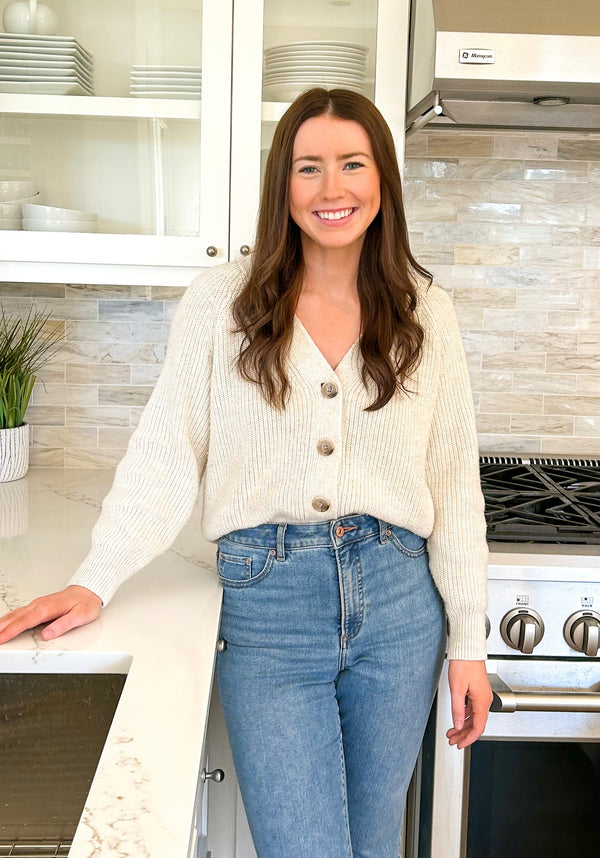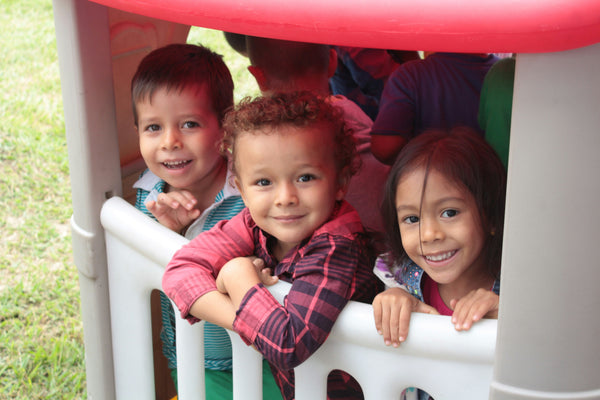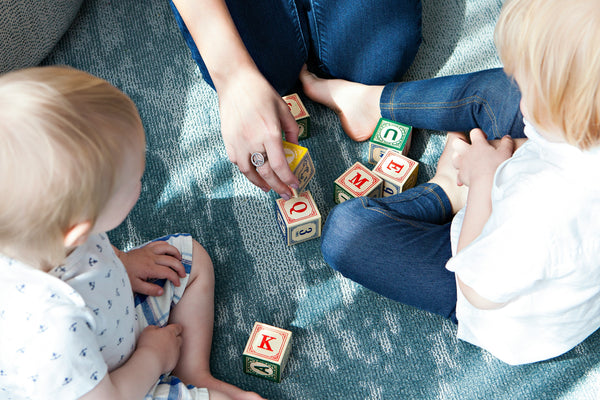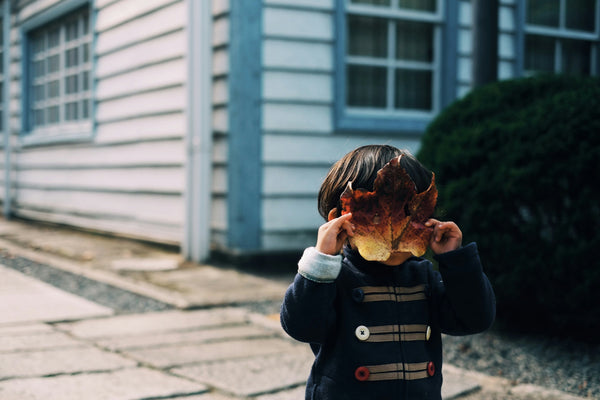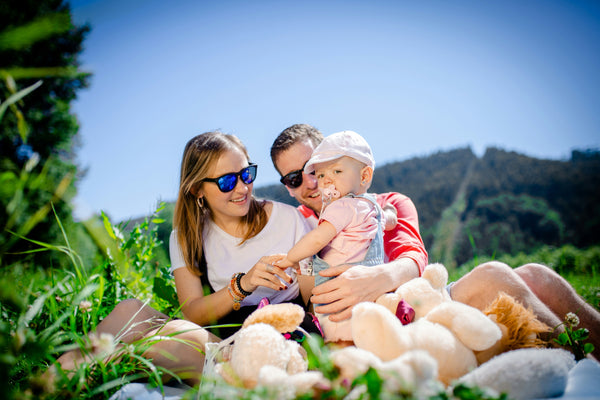Nutrition Tips for Anxious Poopers
share this article

Many kids feel anxious or nervous about pooping especially during potty training or after a painful or embarrassing experience. Although it might seem harmless, fear around pooping can turn into a cycle: holding it in leads to constipation, which makes it hurt more, which leads to more withholding and more anxiety.
Although these anxious feelings are multifaceted, one of the most helpful and practical starting points is nutrition. What your little one eats not only makes pooping easier, but also may help lower their stress levels.
In this post, we’ll cover how to support regular, gentle bowel movements and ease the worry around using the bathroom.
Why Some Kids Get Anxious About Pooping
There are many reasons a kid might start to avoid pooping. Understanding what’s behind your little one’s fear is the first step to helping them through it.
Common causes of poop anxiety include (1):
-
Pain from past constipation or hard poops
-
A scary or embarrassing bathroom experience (like an accident or loud toilet)
-
Embarrassment or discomfort using public bathrooms
-
Sensory sensitivities
-
Big transitions like starting school, moving, or potty training
If you suspect this kind of anxiety is playing a role, it’s important to address it early. Waiting too long can lead to ongoing constipation and even more stress around poop.
Because kids often don’t know how to express what they’re feeling, it helps to check in regularly and create an open, judgment-free space to talk about poops and how their body feels.
Nutrition Tips for Anxious Poopers
While there might be a more prominent mental health piece to the puzzle, nutrition is a simple place to start and can make a noticeable difference. These tips focus on helping your kid feel more comfortable going to the bathroom and supporting a healthy gut in the process.
Fiber-Rich Foods
Around 95% of kids don’t eat enough fiber, which can be a major contributor to constipation (2). Fiber helps soften stool and makes pooping easier and more predictable. Plus, some studies suggest that fiber can even help lower symptoms of anxiety (3).
If your kiddo is picky or fiber feels hard to fit in, here are a few easy kid-friendly fiber ideas:
-
Switch to high-fiber fruits like raspberries, pears, apples, blackberries, and bananas
-
Use whole grain carbs like high-fiber bread, lentil pasta, or brown rice
-
Sprinkle chia seeds into oatmeal, yogurt, or pasta
-
Make smoothies with fruit, oats, chia, and even a low-taste veggie like zucchini or cauliflower
Prebiotics and Probiotics
Prebiotics are the foods that feed the good bacteria in the gut, while probiotics are the beneficial bacteria themselves. Together, they help create a balanced gut environment - the microbiome.
When this balance is off, it can slow down digestion and make pooping less regular. A healthy microbiome supports smoother digestion, and because the gut and brain are connected, it may also help lower symptoms of anxiety (4).
Prebiotic-rich foods: oats, bananas, garlic, asparagus, artichokes, Growing Up Prebiotics
Probiotic-rich foods: yogurt, kefir, sauerkraut, tempeh, kombucha
Hydration
Water helps fiber do its job. Without enough fluids, even a high-fiber diet can lead to dry, hard poops that are tough to pass.
To keep your kiddo properly hydrated, the American Academy of Pediatrics recommends:
-
Ages 1–4: 4 cups water per day
-
Ages 4–8: 5 cups water per day
-
Ages 8+: 7–8 cups water per day
Consistent Meal & Snack Routine
Eating at regular times helps the digestive system develop a rhythm. When your little one eats on a consistent schedule, their body is more likely to expect and be ready to poop around the same time each day.
For an anxious pooper, this kind of predictability can be really helpful. You can even gently encourage trying to sit on the toilet around the same time daily to help build comfort and routine.
Avoid Overuse of Laxatives
It can be tempting to give your kids repeated rounds of laxatives if they’re having trouble going to the bathroom. But constantly relying on laxatives can create a dangerous cycle of constipation, gas, tummy pain, and diarrhea - which makes anxious poopers even more uncomfortable (3).
Plus, laxatives do not target the underlying cause or promote a long term solution. Whenever possible, it’s better to support regular poops through food and routine rather than frequent laxative use.
Add Natural Stool-Softeners
Certain fruits contain sorbitol, a natural compound that draws water into the intestines and helps soften stool gently. These foods can be especially helpful for easing constipation in a more natural way.
Natural stool softeners for kids:
-
Prunes
-
Pears
-
Peaches
-
Plums
-
Kiwi
Avoid An Overly-Processed Diet
A diet that’s heavy on processed snacks often means low fiber, high sugar, and extra additives that don’t support good digestion. These foods can disrupt the gut bacteria and may make constipation worse.
Try slowly swapping in more whole foods like fruits, veggies, beans, and whole grains.
Summary
Nutrition can play a big role in helping your kid feel more comfortable with pooping. Focus on fiber, water, a steady meal routine, and gut-friendly foods to support regular digestion and reduce stress around bathroom time.
